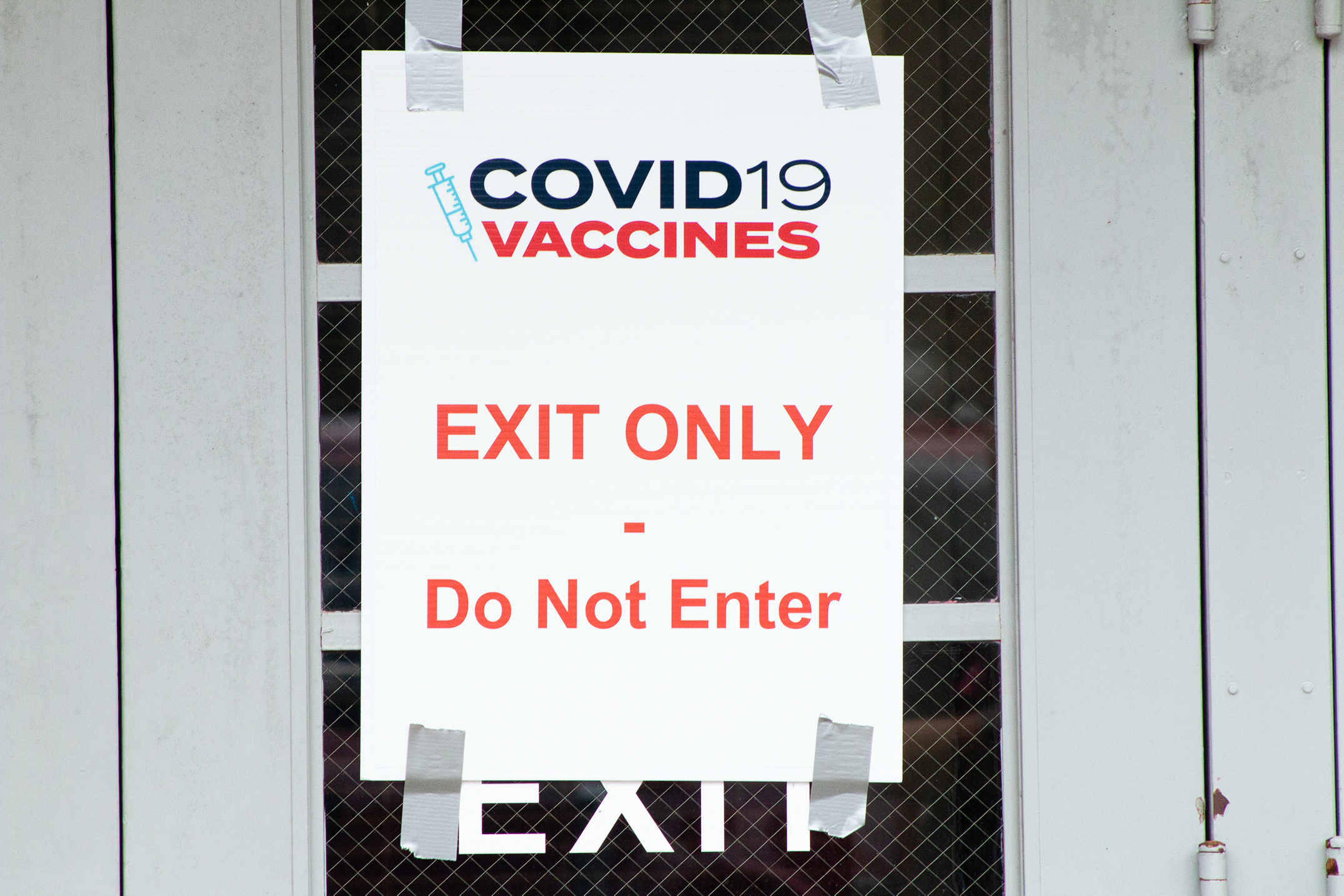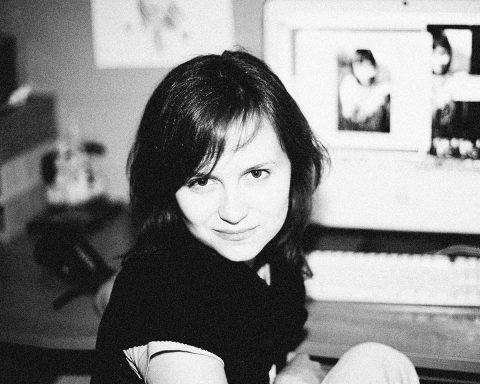Despite national trends, Mississippi is making progress in preventing racial disparities in vaccinations rates among African American residents in the state.
“Mississippi appears to be first in the nation to reach vaccine parity for African Americans receiving Covid vaccinations,” State Health Officer Thomas Dobbs said in a recent tweet.
Nearly 38% of the population in Mississippi is Black, and this demographic has received 30% of Mississippi’s vaccines, according to the Mississippi State Department of Health (MSDH).
According to the CDC, over 8% of African-Americans in the U.S. have received their first vaccine dose and over 7% have received both doses.
Two main factors have contributed to the disparity in vaccination rates: distrust of vaccines and access to them.
A survey conducted by the MSDH found that about 21% of Black Mississippians leaned toward not being vaccinated and about 21% were unsure.
DeArrius Rhymes, a senior chemistry major, has been encouraging other students to sign up for an appointment, but he also understands why Black students may be hesitant to receive the vaccine.
“In direct relation to healthcare, the system itself has not been very representative of Black people,” Rhymes said.
In the Black community, distrust of government healthcare typically stems from a racist history. For example, during the Tuskegee Study, Black men were promised a treatment for syphilis. Instead, they were used to study the effects of untreated syphilis in Black males.
Even when Penicillin proved to be an effective cure for syphilis, researchers failed to provide the men with the drug. The experiment, originally meant to last six months, lasted 40 years, resulting in the death of many of the patients.
The effects of the Tuskegee Study are still widely felt in the Black community today and result in a distrust of medicine, but access to vaccines also plays a large part in vaccine disparities.
In February, Dobbs posted a chart to Twitter showing that a majority of African Americans in the state were receiving vaccinations from community health centers and hemodialysis centers. The data showed about 70% were doing so.
At that time, however, many of the state’s vaccines were going to drive-thru sites where only 18% of African Americans were being vaccinated.
During the beginning months of the pandemic, many reports found that African Americans were much more likely to be infected with or die from COVID-19. Underlying health conditions, like diabetes and hypertension, could contribute to more COVID-19 deaths, and they are more prevalent in the Black community.
According to a new report from the CDC, overall death rates were highest amongst Black and non-Hispanic American Indian people in 2020. COVID-19 was the third leading cause of death, following heart disease and cancer.
As of March 26, the university has administered 2,341 vaccines.
When The Daily Mississippian requested on-campus vaccine demographic data from university communications, a university spokesperson provided a press release about the university’s vaccination clinic that included the total number of vaccines administered on campus and the number of Pfizer vaccines that arrived in the first shipment to the university on March 12.
The Daily Mississippian requested to speak with Dr. Lauren Bloodworth, a clinical professor of pharmacy practice and member of the university’s Vaccine Distribution Task Force, but a university spokesperson said she was unavailable to comment prior to publication.
Pharmacy student Eric Pham is one of the volunteers that administers COVID-19 vaccines in the Tad Smith Coliseum. He wrote in an email that during his time giving the vaccine, he believes that there has been a diverse population of students, faculty and staff coming to get their vaccine.
“It has made me happy seeing the numerous amount of people that are excited to get their first round of vaccines at our clinic,” Pham wrote.
Pham advised that everyone get their vaccine once they are eligible. He wrote that particularly with the Lafayette and University community, it would be a step toward going back to normal.
“Not only will getting the vaccine positively affect the health of our community and operations, it will be beneficial for those who do travel back home often to those who may be more vulnerable for the COVID-19 disease,” Pham wrote.
With regard to racial disparities in vaccinations, Pham wrote that he believes they should always be providing equal accessibility of vaccines to everyone.
“It is important for us to keep listening and engaging with diverse communities for their positive feedback and/or concerns that we can strategize and plan to address,” Pham wrote.














